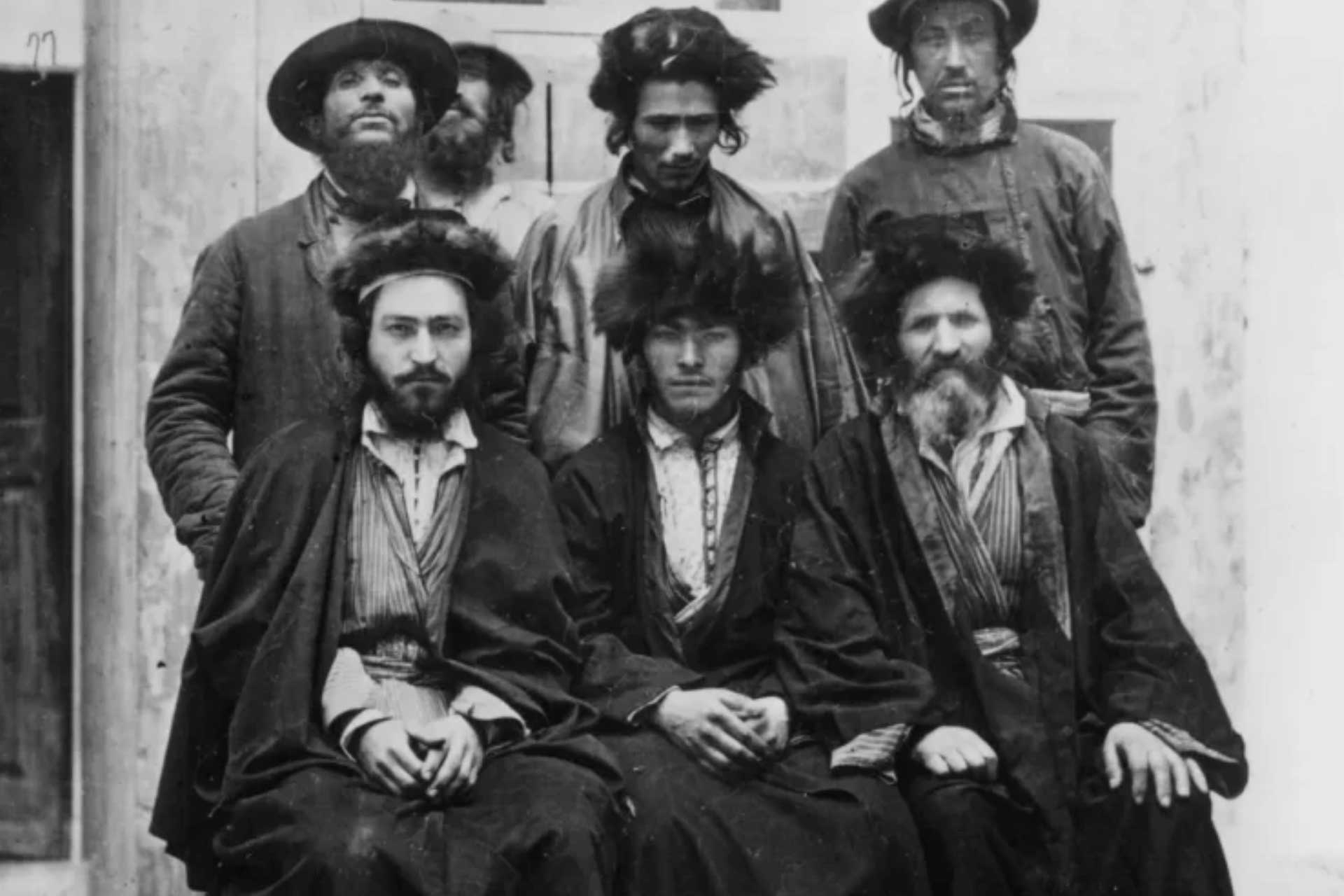Jews’ Espionage Activities in Ottoman Times
During the era when the Ottoman Empire wielded significant influence over European politics, individuals of Jewish heritage emerged as key operatives in facilitating communication networks on behalf of the Ottomans. Engaging in activities such as intelligence gathering and espionage, they notably targeted adversaries like the Spanish, who were prominent foes of Ottoman interests during the 16th century. This historical reality underscores two main observations. Firstly, it highlights the enduring relationship between the Ottomans and Jewish communities, particularly in the realm of communication, which persisted over centuries. Secondly, it underscores a convergence of interests between these two entities, evident in their collaboration in intelligence activities.
While some historical accounts date the initial contact between Jews and the Ottomans to 1453, the year of the conquest of Istanbul, evidence suggests that their interaction commenced earlier, notably during Orhan Gazi’s conquest of Bursa in 1326. Facing oppression under Byzantine rule, Jewish communities viewed the burgeoning Ottoman Empire as a liberator and actively supported their cause, notably by serving as spies during the conquest of Bursa. This pivotal moment marked the emergence of significant espionage collaboration between Jews and the Ottomans. Therefore, the conquest of Bursa stands as a landmark event, showcasing the earliest large-scale espionage activity of Jews in alliance with the Ottomans.
Following the conquest of Constantinople by Mehmet the Conqueror, the espionage efforts of Jews on behalf of the Ottomans significantly escalated, with Jewish communities in Europe assuming the role of paramount informants for the Sultan. Moreover, Mehmet the Conqueror actively leveraged the economic acumen of these Jewish individuals, recognizing their invaluable contributions to the state’s development. This period witnessed a notable elevation in the partnership between the Ottoman Empire and Jewish communities, both in intelligence gathering and economic advancement. Consequently, Mehmet the Conqueror underscored the pivotal role of Jews in the progress and prosperity of the state, cementing their status as integral contributors to the Ottoman enterprise.
The intelligence network facilitated by the Jewish community in Italy, notably comprised of Marranos, played a pivotal role in the Ottoman Empire’s confrontation against the Spaniards, their principal adversaries during the reign of Sultan Suleiman II. It is indisputable that the Ottomans maintained intimate connections with the Jewish population of Italy, particularly those residing in Venice, extending beyond periods of conflict into times of peace. Leveraging their proficiency as astute merchants (“di gran negotio”), Venetian Jewish agents bolstered commercial ties with the Ottomans while concurrently providing consistent intelligence gathering services. This symbiotic relationship, characterized by the exchange of economic benefits for espionage endeavors, underscored the strategic collaboration between the Ottomans and the Jewish community in Italy, exemplifying a convergence of mutual interests and diplomatic maneuvers.
It is significant to highlight the close ties between Jews residing in Italy and the Kingdom of Naples with the Ottomans during the 16th century. Notably, the capture of two Jewish spies in Naples during this period revealed their involvement in a sophisticated espionage network orchestrated under the command of Barbaros Hayrettin Pasha. These agents, as documented by the regent Pedro de Toledo, not only relayed military intelligence from Italy to Istanbul but also served as intermediaries for both France and the Ottomans during the French army’s invasion of the Kingdom in 1528.
However, it is imperative to acknowledge that the intelligence relationship between these two entities encountered challenges throughout history, persisting beyond the establishment of the Turkish Republic. Particularly during the late Ottoman Empire, Jewish aspirations for a Jewish State in Palestine fueled espionage activities against the Ottomans, notably during World War I. Within this context, the espionage network known as NILI gained prominence, with the legendary Jewish agent Sara Aaronsohn playing a prominent role. Aaronsohn, reputed for her purported relationship with Cemal Pasha, utilized her intelligence-gathering abilities and allure to transmit Ottoman officers’ information to the British, significantly influencing British successes in the region. This complex historical narrative underscores the multifaceted nature of the intelligence relationship between Jews and the Ottoman Empire, marked by periods of collaboration as well as contention.
The intricate tale of Sara Aaronsohn and the NILI network warrants a comprehensive examination, which exceeds the confines of this discussion. Nevertheless, for those eager to delve deeper into this captivating chapter of history, the book “NILI Spies on the Palestine Front” authored by Cevat Rıfat Bey offers a firsthand study on the subject.




Comments